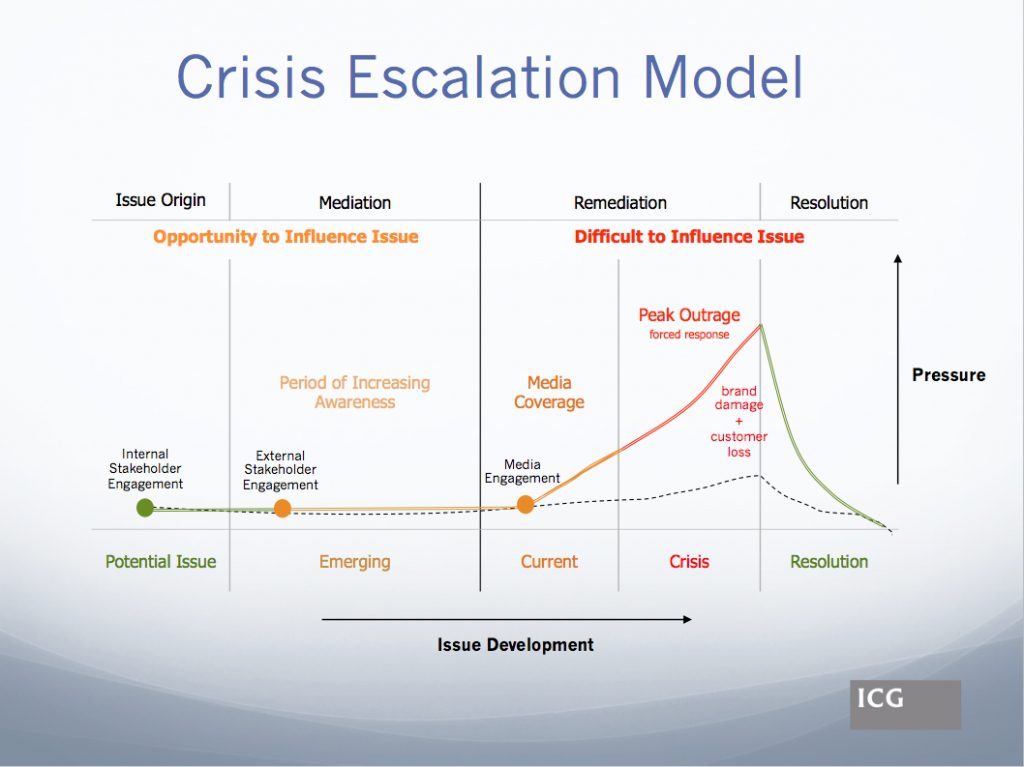Crisis management: Three or four word problem in a crisis
By Robert Masters
There is a major problem for business today facing a crisis or issue in the public domain.
We are in the midst of a bubble that is now international, with the crisis with Malaysian Airlines disasters and the conflict in the Middle East.
If you do not master the three or four word principles of crisis or issues management you will flounder.
However, you have a very good case study in the Prime Minister Tony Abbott’s handling of the Malaysian Airlines MH17 tragedy, and all sectors could do no better than take a leaf out of his book.
He displayed his strong understanding of the communication principles behind effective crisis management and put them into effect with precision and timeliness.
Acknowledgement, Sympathy and Action – the three principles of sound crisis management – were on display for all to see and study.
He also ensured that the supporting platform for the principles were also in place – Defend, Deny, Defer or Deflect.
He left the Australian community, and the superpowers, in no doubt that Australia was going to take strong action with the tragedy when he called on the world to ensure that the victims were brought home as expeditiously as possible and that the perpetrators be brought to justice.
His actions with families, international leaders and at the United Nations highlighted that he was not going to defer any decisions to a later date.
His naming of those responsible for the event highlighted that he was deflecting any doubts about who was responsible for the tragedy to the Rebels and Russia and what needed to be done to address this issue.
Further, he put into place a nationwide movement – which is now international – of sympathy and grieving for the families of the victims.
The Prime Minister implemented a most effective crisis management strategy that should be studied by all sectors.
To learn more about the three and four word foundations of effective crisis management contact Robert Masters & Associates, experts in effective crisis and issues management, planning, training and implementation.
RM





